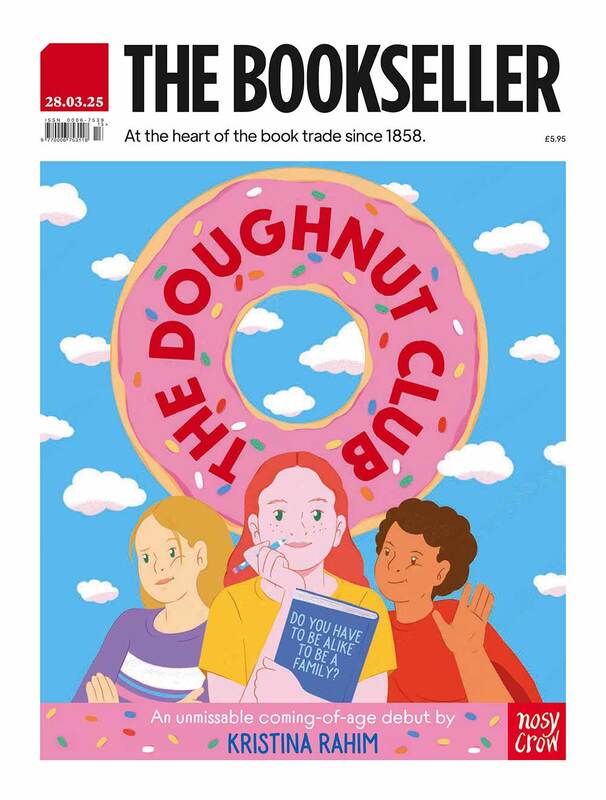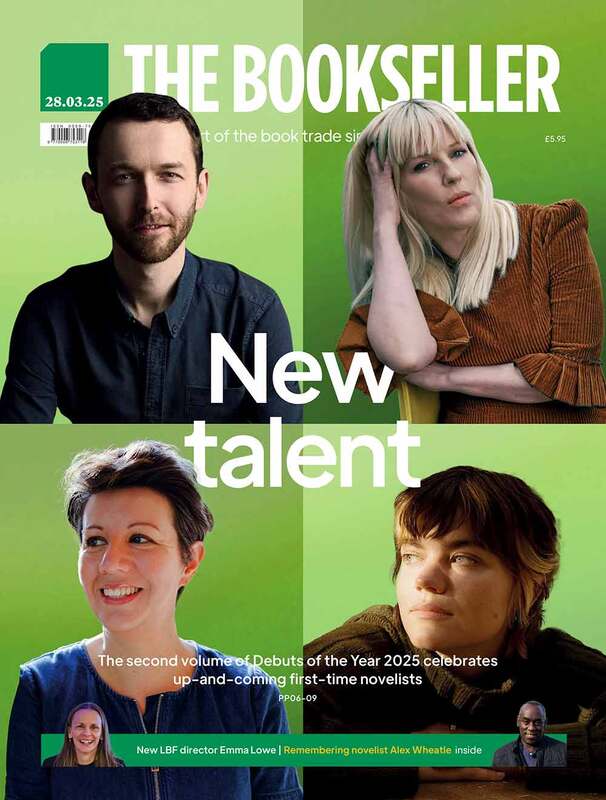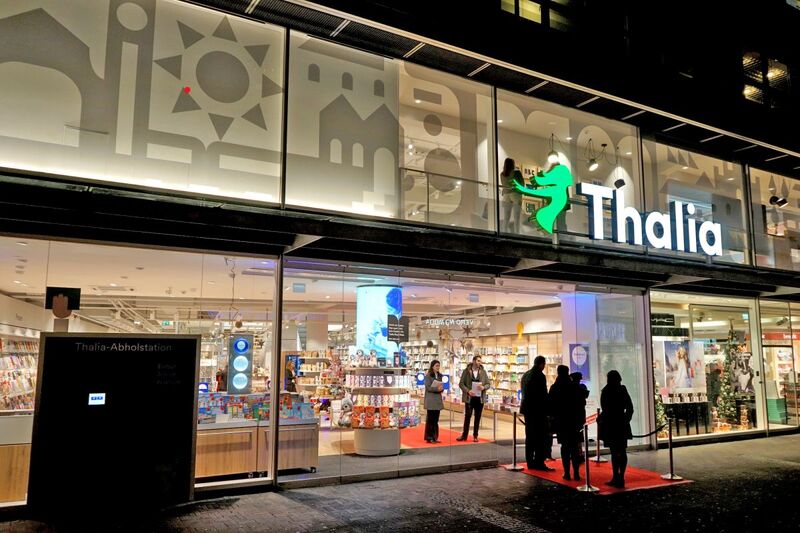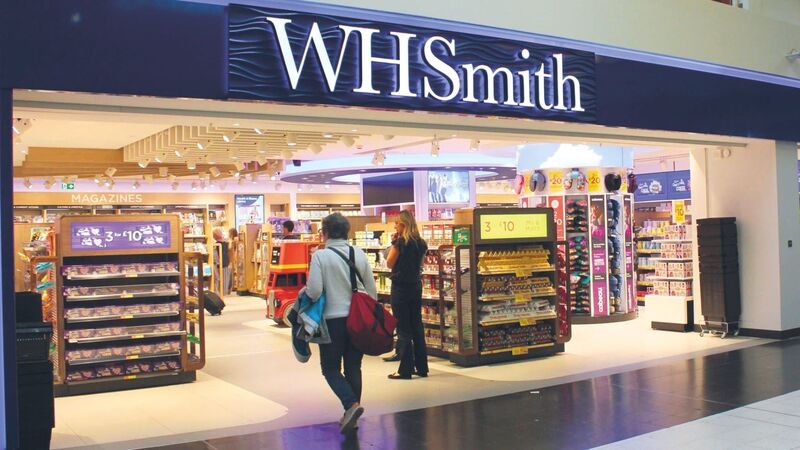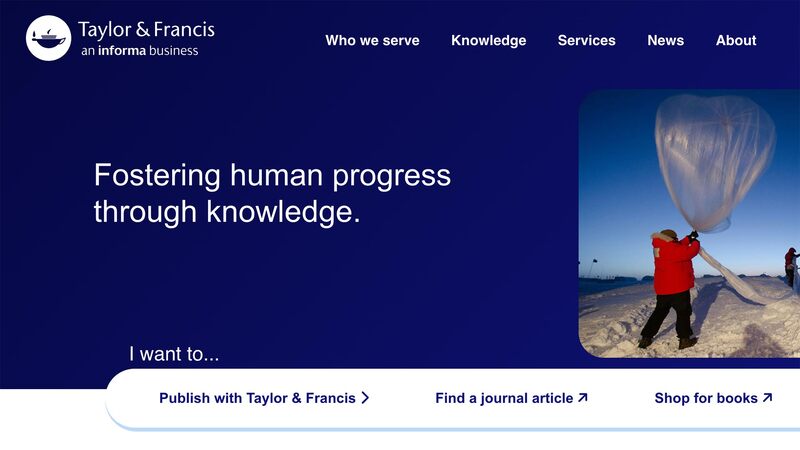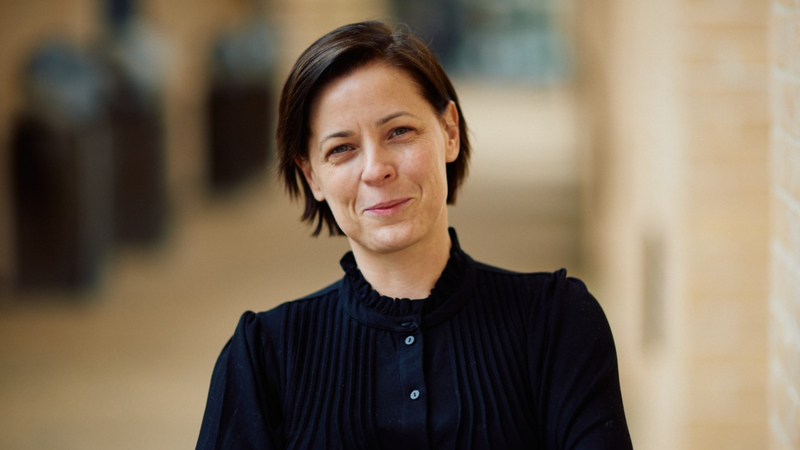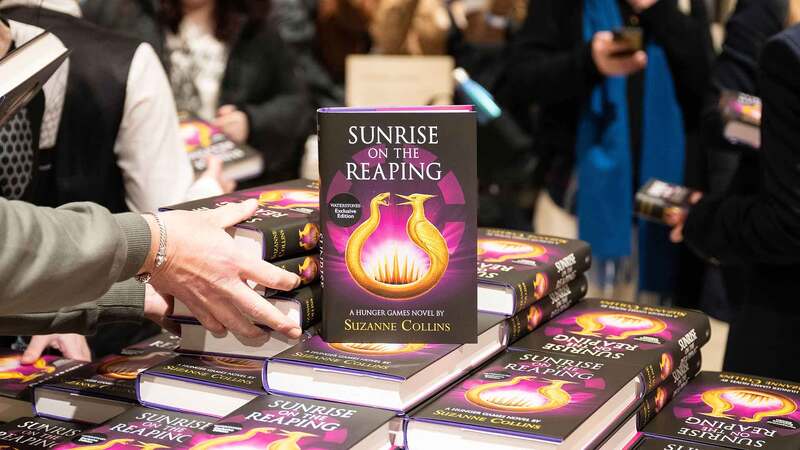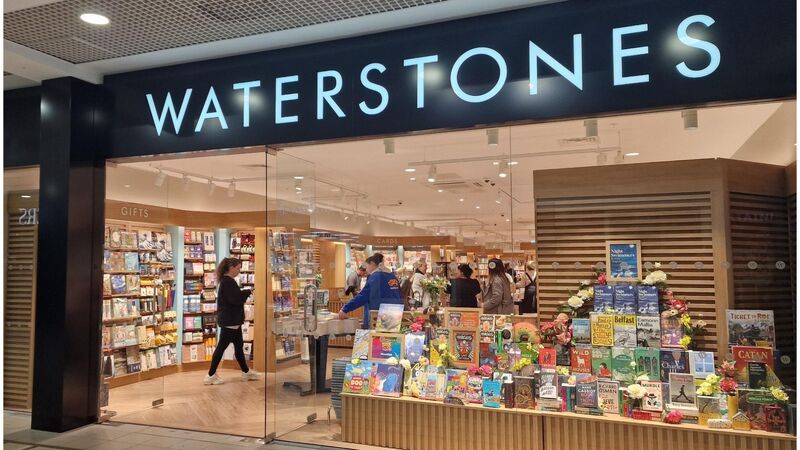You are viewing your 1 free article this month. Login to read more articles.
Online retailer Bookshop.org makes 'remarkable' £1m for indies in first four months
Retail website Bookshop.org has made more than £1m in profit for indie bookshops, hitting the milestone just four months after its UK launch.
The site, which opened for business in the UK last November, is billed as a socially conscious alternative to Amazon, giving indies 30% of the cover price from each sale they make through the platform alongside a share of profits from affiliate sales. Of the £1m, which was hit just before midday on 1st March, £633,000 came from sales bookshops made through the site with the rest shared equally via its profit pool.
Since its launch, more than 200,000 customers have used the platform while around 410 bookshops - around double what had been expected at this point — and 6,000 affiliates have joined its ranks.
UK m.d. Nicole Vanderbilt told The Bookseller: “It's a real testament to customers caring about where they spend money and also we're incredibly grateful to the industry and the bookshops working with us to make this work. We provided a lot of the ingredients but really the chefs, as it were, are the bookshops and publishers who've supported it so capably.”
As of 4th February, 82% of sales through the site were generated by titles selling four or fewer copies each, and 54% from books selling a single copy, suggesting bookseller recommendations are drawing readers beyond the bestseller lists.
The Booksellers Association (BA), which supported the site's UK launch, has branded it a “lifeline” during the coronavirus crisis while shops have said it has enabled them to avoid furloughing staff, to pay Christmas bonuses and strengthen their online presence.
Vanderbilt said: “Overall the response has been really good and anecdotally it's been really heartwarming to hear the role that we've been able to play while bookshops have been facing such challenges. We've seen people pay rent, have the confidence to renew leases and, in some cases, to open new bookshops, to pay bonuses, to keep staff off furlough, all these things that make a real difference to small businesses, particularly during this time. That's why we're doing this and that's what matters.”
Francesca Wilkins, who recently opened The Margate Bookshop, said she still used her online store to fulfil orders but had recently started directing customers to Bookshop.org too.
She told The Bookseller: “It’s amazing to see how many sales we make not just from direct referral from us, or though our lists, but also people who may have just stumbled upon our page. We’re started making a few different lists and thinks it’s a wonderful way to encourage browsing online. I think there’s real potential for this to one day take over from Amazon and that’s incredible.”
Victoria Johnson. from the Chorlton Bookshop in Manchester, said: “The commission generated by Bookshop.org has paid my day-to-day living expenses, my food and my fuel bills through January and February. Without Bookshop.org I would have been so worried, fairly miserable, and utterly demoralised.”
At Warwick Books, Mog Giacomelli-Harris said: "We have been happy with Bookshop.org. It’s generated enough income to keep on one member of staff and we’ve been busy in the shop so we haven’t felt that it’s pulled away any direct business."
The website also revealed a number of publishers have chosen to forego their 10% affiliate commission and opted for it to go into the shared profit pool, which gets split equally between indies. Those publishers include Canongate, Atlantic, Murdoch, Profile, Serpent's Tail, Faber, Pushkin Press, Scribe, Nosy Crow, Simon & Schuster, Pan Macmillan, PRH, Hachette, Usborne and Europa Editions.
Stephen Page, c.e.o. of Faber, said: “A clear truth that has been emphasised this past year is that independent booksellers play a key role for readers in their discovery of a wide range of interesting books. The arrival of Bookshop.org ensures that independents now have a great partner whose service allows them to offer both a brilliant online and physical service to their customers.
A recent survey conducted by the BA found 79% of 132 members who responded had a “good” or “very good” experience of using the site. A further 16% had an “average” experience with 5% having a “poor” or “very poor” experience. Another 57% found their experience “better” or “much better” than they had expected. Meryl Halls, m.d. of the BA, said the £1m mark was a “remarkable” point in the fight against an ever-growing Amazon and urged those in the publishing trade to link to the site rather than its larger rival.
She told The Bookseller: “The £1m milestone for Bookshop.org is a remarkable moment for indie bookselling, and in the fight against Amazon’s dominance in the book market over the past 10 months. For those booksellers using the platform, Bookshop.org has provided a lifeline, often, and an additional sales channel, to indie booksellers forced to close and otherwise struggling to provide an e-commerce offer to their loyal customers. The team at Bookshop.org deserve huge credit for the speed of the launch, the empathy and openness they’ve shown to booksellers and the supportive community they’ve created for their users.
“In our newly hybrid world, the need for online bookselling is not going to abate, and we are delighted that indies are now able to join the other high street booksellers, Waterstones, WHS, Foyles and Blackwell's, in reaching book-buyers online - and we urge publishers and authors to link to specialist high street booksellers online, rather than lazily linking to Amazon, which certainly doesn’t need the money.”
Peter Brook, of BrOOK's in Pinner, said he had mixed feelings on the site's ability to make new revenue for stores and warned the £1m might send confusing messages about the state of bookselling. He said: “Yes, getting to £1m contribution across 400 plus indies since launch in November is an amazing good news story. This is an average of £2,500 per bookshop which equates to gross sales of an average of roughly £6,250 per shop. Brilliant for what in normal times is not an indies' core route to consumer.
“In perspective, in lockdown one, March to June 2020, from a standing start we managed to generate 24% higher revenues when you compare like-for-like periods of sales revenue through e-sales. For us, though, we have performed above average in Bookshop.org and so our revenues are about the same as March to June 2020 in terms of e-sales. It is a brilliant platform that is simple to use for everyone and brings true community to indies but has it built new revenue? Probably not. But would we go back to ‘hand e-selling’? No we would not.”
Last December saw the first notes of criticism of the venture in the form of a leaked letter from bookseller Tamsin Rosewell citing “discontent” about how the website operated and the BA's involvement with it. Waterstones boss James Daunt has also raised concerns about the capture of customer data and a lack of transparency.
Vanderbilt said Daunt's criticism seemed to misunderstand the site's model, pointing out customers were able to opt in to being contacted by individual stores. She also said data from the short-lived lifting of lockdown restrictions in December and from similar experiences in the US suggested stores' sales were not impacted by the website being open, or vice versa.
She said: “One of the things to keep in mind is of course we want people who enjoy independent bookshops to rush back to them when they can. I myself will be looking to spend hours in bookshops, that's why we're in this business but I think people sometimes forget it's not binary. People aren't either indie shoppers or online shoppers. They're people who, when they have the time, enjoy that half hour or hour in an independent bookshop but then equally will remember that they need a birthday gift or be inspired by something they're watching on TV from their sofa and they'll still want to buy online. It's really those shoppers and the Amazon shoppers we want to make sure we're catering to so the indies get a cut.”

